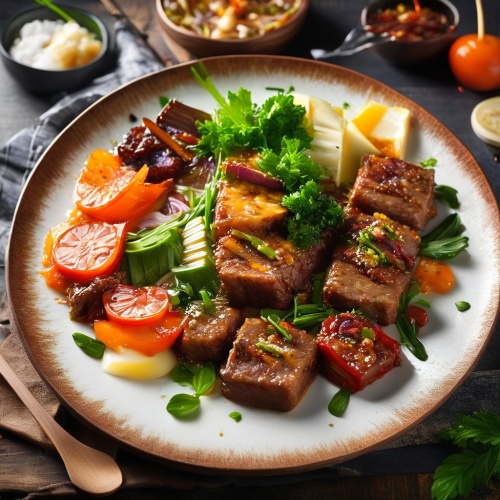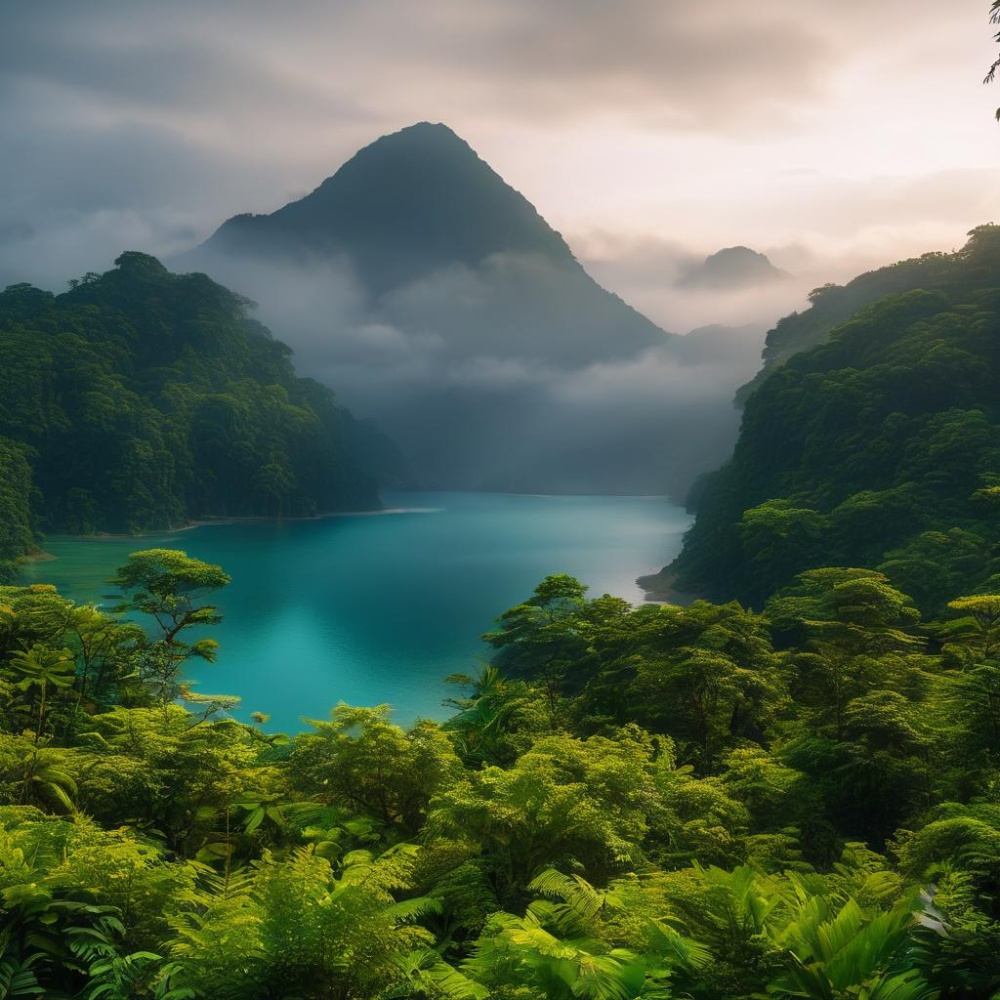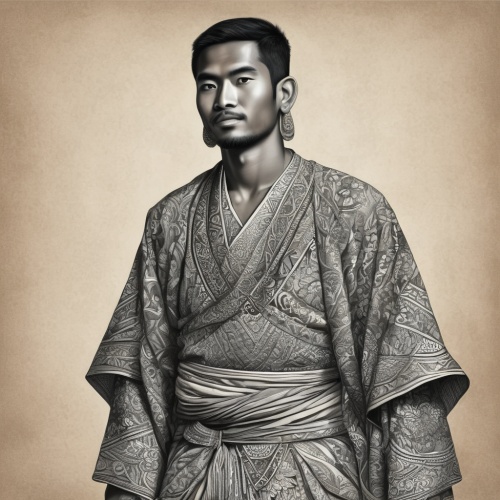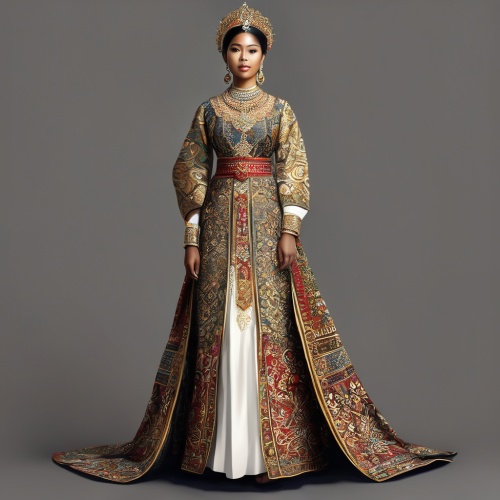Understand
Solo, located around 100 km south of Semarang and 60 km east of Yogyakarta, is often seen as the sister city of Yogyakarta. However, Solo has managed to retain much of its authentic Javanese charm due to not being a provincial capital. As a result, Solo offers a more genuine and less touristy experience than its sibling city. Once a majestic royal capital, Solo still preserves the remnants of its regal past. It houses two historical Royal enclaves—the Kasunanan Kingdom and the Mangkunegaran Principality. The Kasunanan Kingdom, which inherited the legacy of the mighty Mataram Sultanate, ruled over all of Java in the 16th and 17th centuries. In 1745, the Sultanate relocated its court to Solo. However, internal conflicts, rebellions, and manipulation by the Dutch East India Company (VOC) led to its decline in the late 18th century. Consequently, the Sultanate split, with the Kasunanan Kingdom based in Solo and the Yogyakarta Sultanate led by a rebel prince named Mangkubumi in Yogyakarta. Additionally, in 1757, another rebel prince, Raden Mas Said, established the Mangkunegaran Principality due to his disappointment with the collaboration between the king and the VOC. During the Dutch colonial rule, these two kingdoms, known as the Vorstenlanden (Land of the Princes) in Dutch, enjoyed some independence and were recognized as vassal states within the Dutch Empire, akin to the Princely States of British India. However, after Indonesia gained independence, political reasons led Solo to lose its autonomy and the rule of the two kingdoms over the city. Present day Solo is a bustling economic center with a population of approximately 800,000 residents, including the surrounding areas. The city stands in close proximity to the magnificent temples of Prambanan, adding to its appeal for visitors. Solo is not only a hub for art and education but also offers excellent shopping opportunities and a range of tourist facilities. One extraordinary aspect of Solo lies in its reputation for being home to charming and eloquent individuals. It's often regarded as the least westernized city in Central Java, showcasing the authenticity of Javanese culture at its finest.
Map & Climate
Popular Foods
 Nasi Goreng is a popular Indonesian dish, which literally translates to 'fried rice'. It is typically made with a blend of white and fried rice, accompanied by a variety of ingredients including eggs, chicken, shrimp, or beef, along with vegetables such as carrots, peas, and green onions. Seasoned with soy sauce, salt, and sometimes chili, Nasi Goreng offers a savory taste and can be found throughout Indonesia as a staple meal.
Nasi Goreng is a popular Indonesian dish, which literally translates to 'fried rice'. It is typically made with a blend of white and fried rice, accompanied by a variety of ingredients including eggs, chicken, shrimp, or beef, along with vegetables such as carrots, peas, and green onions. Seasoned with soy sauce, salt, and sometimes chili, Nasi Goreng offers a savory taste and can be found throughout Indonesia as a staple meal. Sate is a diverse category of dishes found across Southeast Asia, but it holds a special place in Indonesian cuisine. Made of seasoned, skewered, and grilled meats, Sate can feature various types of protein, including chicken, beef, goat, or even offal. These skewers are traditionally served with a spicy peanut sauce and often accompanied by rice or other side dishes. Sate is a favorite street food in Indonesia and caters to both those who prefer meat or vegetarian options.
Sate is a diverse category of dishes found across Southeast Asia, but it holds a special place in Indonesian cuisine. Made of seasoned, skewered, and grilled meats, Sate can feature various types of protein, including chicken, beef, goat, or even offal. These skewers are traditionally served with a spicy peanut sauce and often accompanied by rice or other side dishes. Sate is a favorite street food in Indonesia and caters to both those who prefer meat or vegetarian options. Rendang is a traditional Indonesian beef curry that is slow-cooked to achieve a tender and succulent texture. The meat is cooked in coconut milk, causing it to absorb the spices and become infused with their flavors. Rendang typically features a combination of spices like lemongrass, galangal, turmeric, and chilies, alongside other regional variations. This hearty, flavorful dish is often served over rice and enjoyed during festive occasions or as a comforting meal.
Rendang is a traditional Indonesian beef curry that is slow-cooked to achieve a tender and succulent texture. The meat is cooked in coconut milk, causing it to absorb the spices and become infused with their flavors. Rendang typically features a combination of spices like lemongrass, galangal, turmeric, and chilies, alongside other regional variations. This hearty, flavorful dish is often served over rice and enjoyed during festive occasions or as a comforting meal.




Comments
NO COMMENTS